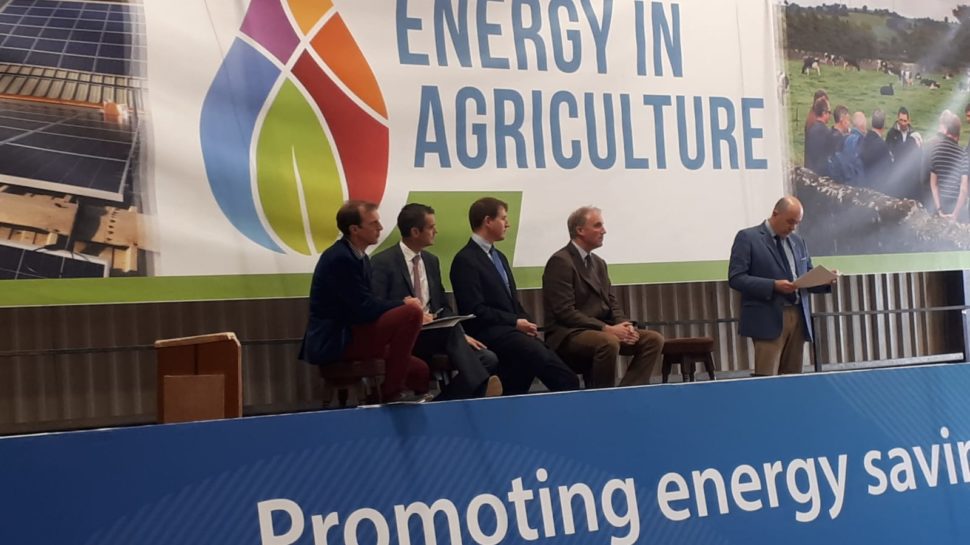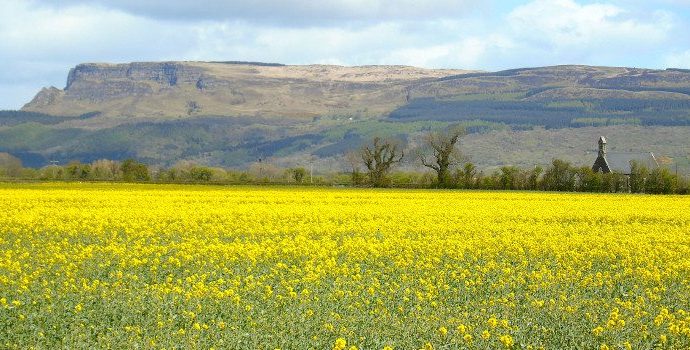Renewable Energy Needs an Implementation Plan to Back Up Announcements

Speaking at Energy in Agriculture 2018 in Gurteen College today, IFA President Joe Healy said it’s time for an implementation plan to convert the recent announcements on renewable energy into tangible action.
Mr Healy said the large attendance at today’s event is evidence of the strong interest among farmers, but they will need certainty around their plans.
Joe Healy said, “The recent publication of the broad design of a new RESS by the Environment & Climate Action Minister Denis Naughten places a welcome emphasis on community participation in future renewable projects, although it has not recognised the additional supports required for categories such as farm-scale projects”.
He said the move away from a feed-in tariff model to an auction-type scheme may ultimately benefit larger scale projects, particularly wind, to the exclusion of small to medium farm scale community-based projects, where a multitude of alternative technologies can be deployed. “This will not create a balanced mix of energy sources, which will continue to add to community concerns and also limit Ireland’s security of energy supply.”
The IFA President said farmers with forestry offer significant potential to meet the growing demand for biomass in the emerging bioenergy sector.
Approximately 40% of the total forest area in Ireland is owned and managed by farmers, with the majority of plantations reaching production in the coming decade. Forecasts show that timber production will more than double to 7.9 million m3 by 2035, with almost all of the increased volume coming for farmers.
Joe Healy aid if bioenergy generation is to become widespread, then biomass must be readily available and cost competitive. At the moment, our biomass is market is informal and often supply and demand do not easily match.
“To ensure an uninterrupted supply as well as greater control in fuel quality, IFA is advocating a network of centralised biomass trade centres, regional ‘service stations’ that supply top quality wood fuels, operated by forest producer organisations.”
A centralised system would enable improved control of the procurement process; biomass could be stored at the centre and processed during the winter season when the demand for fuel is high and when working conditions at the forest may be more difficult.
Supporting the establishment of the network of biomass trade and logistic centres offers farmers and rural communities’ significant new business opportunities to not just supply biomass, but to come heat contractors.




